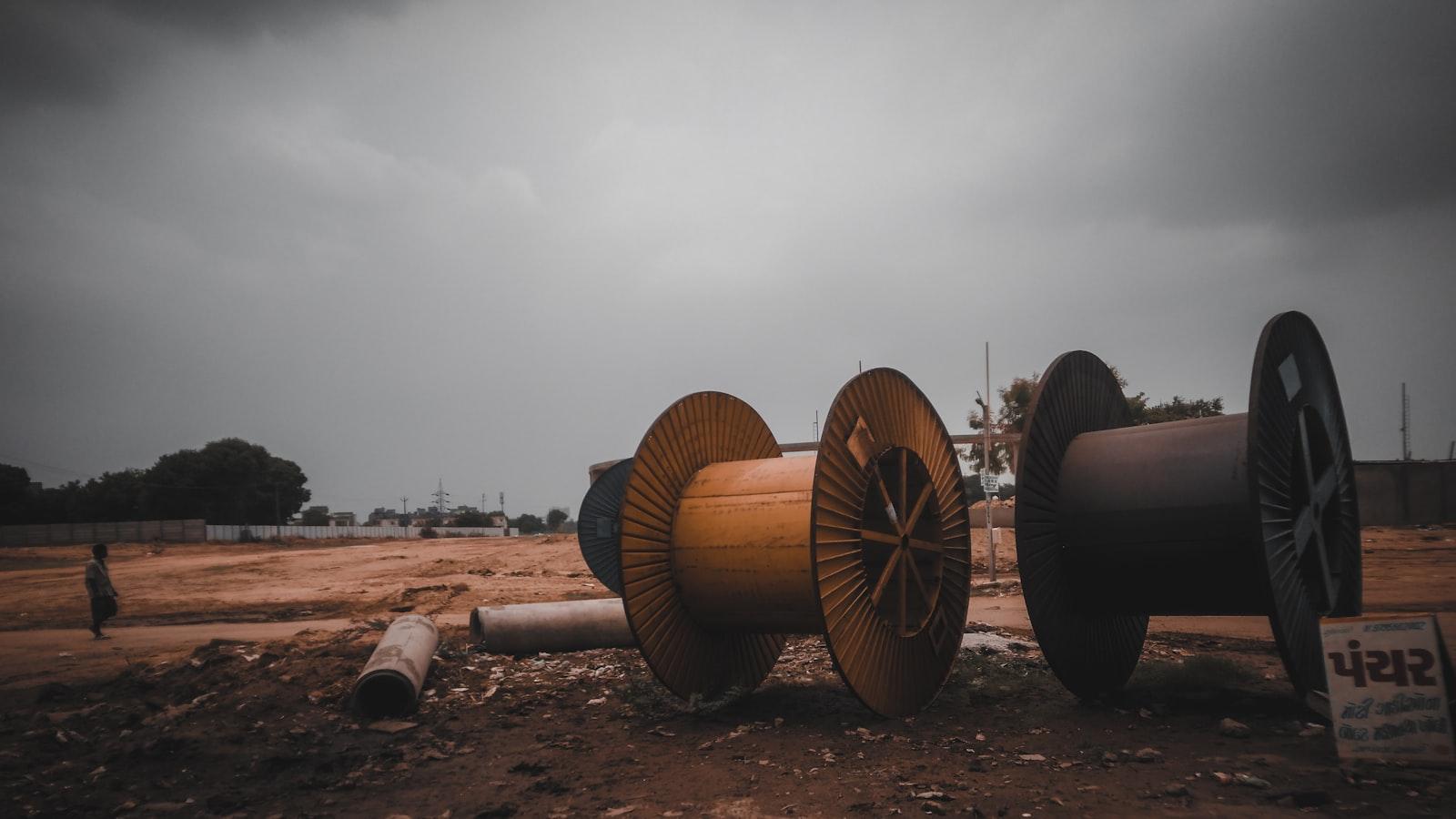In a world where we meticulously organize for holidays, anniversaries, and even our daily routines, the idea of leaving this world without a will can seem unthinkable. However, the truth is that many people exit this life without a legally enforceable document detailing their final desires. This lack of foresight can result in a plethora of legal and logistical issues for the bereaved. Let’s delve into the repercussions of dying intestate and discuss the significance of thorough estate planning.
Understanding intestacy laws and their impact on those who die without a will
When a person dies intestate, their estate is divided according to the intestacy laws of the state they lived in. These laws are designed to dictate how the deceased’s assets are allocated among their surviving family members.
Intestacy laws differ from state to state, but generally, assets are allocated to spouses, children, parents, and siblings in that sequence. If no living relatives can be located, the assets may revert to the state. It’s crucial to remember that intestacy laws only apply to assets that would have been included in a will, such as real estate, bank accounts, and personal possessions.
Key aspects to remember about intestacy laws:
- Assets are allocated based on family relationships
- Unmarried partners, friends, and charities are typically not included in intestacy laws
- If a minor child is left without a guardian, the court will appoint one
Crucial actions to take when a loved one dies intestate
Dealing with the death of a loved one is already a challenging and emotional time, and it can be even more daunting when they did not leave a will. Without a will, the process of managing their estate can be intricate and overwhelming. Here are some steps to consider:
1. Identify who will manage the estate:
- Someone will need to be appointed to handle the deceased person’s affairs. This person is typically a close family member, such as a spouse, child, or parent. If no one steps forward, the court may appoint an administrator.
2. Catalog the assets and debts:
- Create a list of all the deceased person’s assets, including bank accounts, property, vehicles, and personal belongings. Also, gather information about any debts they may have, such as mortgages, credit card debt, or loans.
3. Seek legal advice:
- It’s crucial to seek legal advice to navigate the probate process. A lawyer can help you understand your rights and responsibilities, as well as assist with filing necessary paperwork and resolving any disputes that may arise.
Potential obstacles and complications that can arise when someone dies intestate
One of the potential obstacles that can arise when someone dies intestate is the uncertainty surrounding the allocation of their assets. Without a will in place, the deceased person’s wishes regarding how their belongings should be divided are unknown. This can lead to disputes among family members and loved ones, causing unnecessary tension and strain during an already difficult time.
Another complication that may arise is the lengthy and costly probate process. When someone dies without a will, their estate must go through probate court to determine how their assets will be allocated. This can be a time-consuming process that may result in significant legal fees and delays in the distribution of assets to heirs.
Furthermore, without a will, the deceased person’s estate may be subject to intestacy laws, which dictate how assets are allocated among family members. This can lead to unintended consequences, such as assets being allocated in a way that the deceased person did not intend. It is important for individuals to have a will in place to ensure that their wishes are fulfilled and to avoid potential complications.
How to navigate the probate process without a will in place
When a person dies without a will in place, it can complicate the probate process. However, there are steps you can take to navigate this situation effectively.
1. Identify the next of kin: The first step is to identify the deceased person’s closest living relatives. This will help establish who has the legal right to inherit the estate.
2. Engage an estate attorney: It’s crucial to seek legal advice from an estate attorney who can guide you through the probate process and ensure that all necessary steps are taken.
3. Compile a list of assets and debts: Make a comprehensive list of the deceased person’s assets and debts. This will help determine the value of the estate and how it should be distributed.
Final Thoughts and Conclusions
In conclusion, the absence of a will can result in a chaotic and complicated situation for loved ones left behind. It is crucial to take the necessary steps to plan for the distribution of your assets, regardless of your age or financial situation. By preparing a will, you can ensure that your wishes are fulfilled and provide peace of mind for yourself and your family. Remember, it is never too early to plan for the future. Don’t leave your loved ones with unnecessary burdens – take control of your legacy today.

What Happens When Someone Passes Away Without a Will?
When someone passes away without a will, it can create confusion and uncertainty for their loved ones. Without clear instructions on how to distribute the deceased person’s assets, the situation can become complicated. In this article, we will explore what happens when someone dies intestate (without a will) and how it can impact their estate and heirs.
Intestate Succession Laws
When a person dies without a will, their estate is subject to intestate succession laws. These laws vary by state, but generally, they determine how the deceased person’s assets will be distributed among their heirs. The rules typically prioritize spouses, children, parents, and siblings in that order.
Probate Process
When there is no will, the estate will go through the probate process to determine how assets should be distributed. The court will appoint an administrator to handle the deceased person’s affairs and ensure that their debts are paid off before any assets are distributed to heirs.
Challenges and Disputes
Without a will, there is a higher likelihood of challenges and disputes among family members over the distribution of assets. This can lead to prolonged court battles and strained relationships between surviving relatives.
Benefits and Practical Tips
Creating a will is the best way to ensure that your assets are distributed according to your wishes. It provides clarity and peace of mind for your loved ones and can help avoid confusion and disputes after you are gone.
Case Studies
| Name | Assets | Outcome |
|---|---|---|
| John Smith | House, Savings, Investments | Assets divided among children, leading to family conflict |
| Jane Doe | Car, Jewelry, Retirement Account | Assets distributed to parents due to lack of spouse or children |
Firsthand Experience
I have seen firsthand the impact of someone passing away without a will. It can lead to confusion, disputes, and hurt feelings among family members. That’s why it’s vital to take the time to create a will and ensure that your wishes are clearly outlined.
Overall, it is essential to have a will in place to avoid the complications that can arise when someone passes away intestate. By taking the time to plan your estate and communicate your wishes to your loved ones, you can help alleviate stress and uncertainty during what is already a difficult time.


